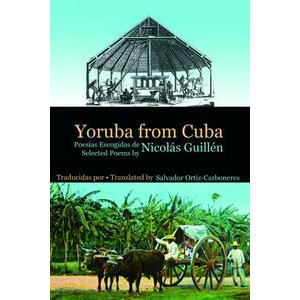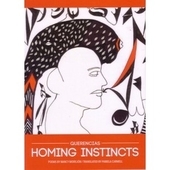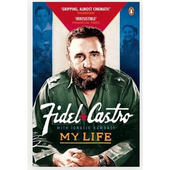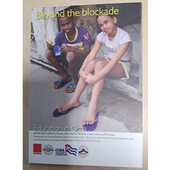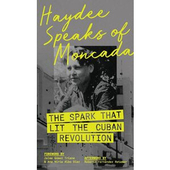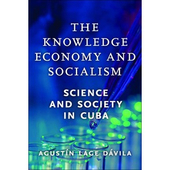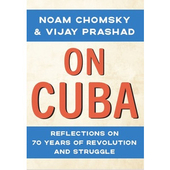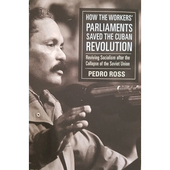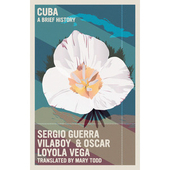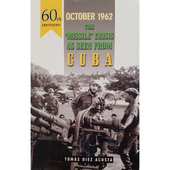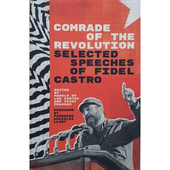Review
Yoruba from Cuba – Selected Poems by Nicolás Guillén
This exemplary book of the selected poetry of Nicolás Guillén, Cuba’s first ‘national poet’, contains brilliantly readable and lively translations of the work of this ‘giant amongst the immortals’. It is one of only two collections published in this country and is essential reading for anyone wishing not only to acquaint themselves with one of the greatest Caribbean poets and writers but to get to the heart of the anti-imperialist values of the Cuban Revolution.
The superb translations by Salvador Ortiz-Carboneres are set alongside the original poems in Spanish and capture Guillén’s pioneering use of language and the magical rhythms of Cuban music. Both were key to Guillén’s attempt to create a national poetry, during a time when Black identity was denied a voice in a country striving for white ‘purity’.
This collection ranges across Guillén’s entire oeuvre and is utterly relevant for our times, showing that from his earliest work onwards he constantly returned to themes of race and the historical legacies of colonialism and slavery, both in the Caribbean and the USA.
Guillén was a lifelong Marxist and anti-imperialist and the book emphasises how he gave voice to the hopes, realisations and finally the triumph of the Cuban Revolution.
The book’s title comes from the poem ‘Son no. 6’, from his 1947 masterpiece collection ‘My Complete Son’ (son, of course, was and is the Cuban dance music par excellence). Guillén makes clear the African roots of Cuban identity:
‘I’m Yoruba from Cuba,
And when I’m not Yoruba, I’m Congo, Mandinga, Carabali…’
The poem goes on to celebrate the black essence of Cuban life whilst creating a vision of how Cuba could and should be:
Tell the white man he can’t leave,
We’ve come together from far away, young and old, black and white...’
This, when set alongside his ‘Ballad of the Two Grandfathers’ (‘Balada de los dos abuelos’) is nothing less than a visionary blueprint for post-revolutionary Cuba itself.
Guillén was despised by the Cuban governments of the 1930s, 40s and 50s – he spent much of the 1950s during Batista’s dictatorship in exile due to his radical editorship of the communist daily ‘Hoy’, as well as publishing his most combative poems and books such as ‘West Indies Ltd’, ‘Elegies’ for murdered black activists, ‘Songs for soldiers and sones for tourists’. His redemption finally came when the Revolution triumphed, whereupon he went on to play a central role in the cultural life of Cuba.
With an excellent introduction by the late distinguished scholar Prof Alistair Hennessy, which places Guillén’s work in its historical context as well as emphasising his contemporary relevance, this is a book that puts the best of Guillén’s powerful and epochal poetry in the hands and hearts of those with a love for Cuba, its culture and its people, and will be treasured by many for years to come.
Dave Willetts for CubaSi Summer 2022
